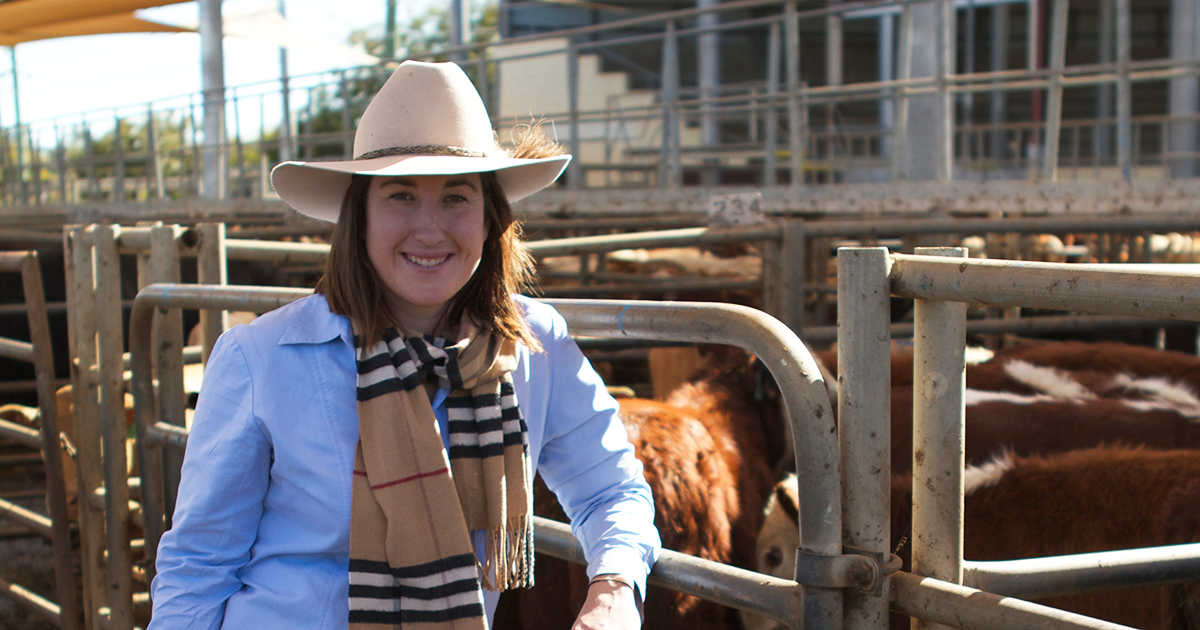Three farm record-keeping tips
03 August 2021
-Min Read
- Keeping good farm records has many benefits for your business, including ensuring you can remain LPA-accredited and access LPA NVDs
- A diary or record book, farm management software or the LPA record keeping templates are all effective tools for recording relevant management activities on-farm
For more information on record keeping requirements – including the digital record keeping options now available to producers – visit the ISC website.
Are you a whizz at record keeping? Have you implemented some time-saving systems to help keep track of your livestock and farm records that make auditing a simple process? If you’ve got some great ideas you’d like to share with other producers, email our communications team.
The best ideas come from other producers, so help us share that knowledge to ensure we can all stand by what we sell.
